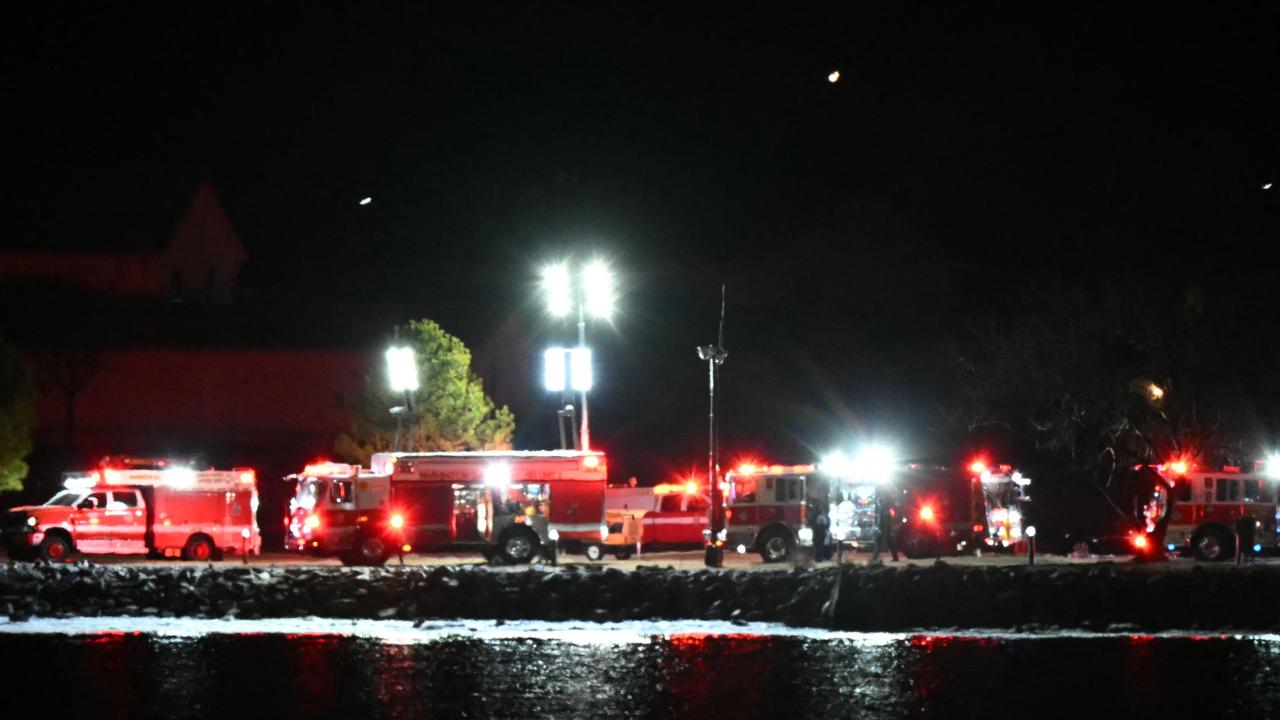Bangladesh PM Sheikh Hasina’s dubious poll victory blots record of success
China, Russia and India have rushed to congratulate Bangladesh PM Sheikh Hasina on her ‘absolute victory’ after Sunday’s polls, while others wonder whether there is anything to celebrate.
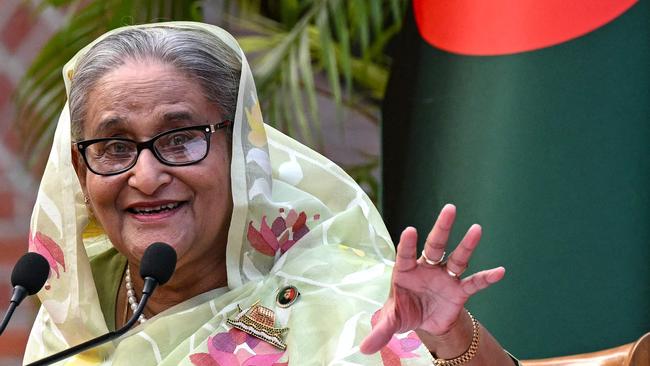
Election victory will have come as no surprise this week to veteran Bangladesh leader Sheikh Hasina who secured a fourth consecutive win after the opposition Bangladesh Nationalist Party boycotted the polls over a popularly-held view they would be neither free nor fair.
Hasina’s ruling Awami League captured 223 of 299 seats in Sunday’s vote, though with so many of the remaining seats going to candidates who support the government her control of parliament will be close to absolute, some analysts have said.
The win caps a triumphant few months for the 76-year-old Prime Minister whose long-running, largely one-sided feud with her country’s only Nobel Peace laureate, Muhammad Yunus, resulted in him last week being sentenced to six months jail for violating labour laws – an allegation his many supporters say is politically motivated.
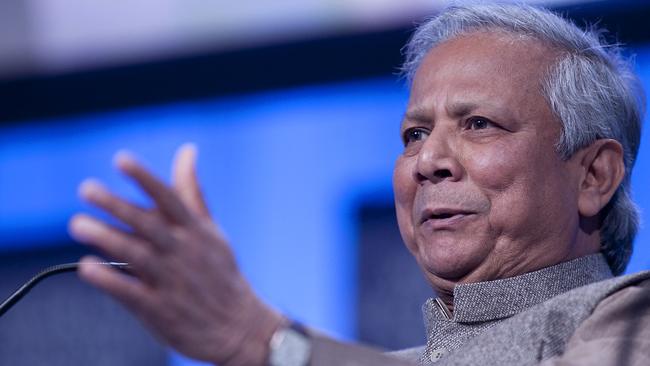
The founder of the Grameen Bank micro-loan institute made an enemy of Hasina in 2006 when his name was raised as a possible caretaker leader while the country worked to break the political stranglehold of its “battling begums (widows)” – Hasina and her BNP nemesis Khaleda Zia.
Last November, Hasina’s psychologist daughter Saima Wazed was controversially named Regional Director for the World Health Organisation South East Asia region, after a vote some alleged was skewed by backroom deals between Delhi and Dakha.
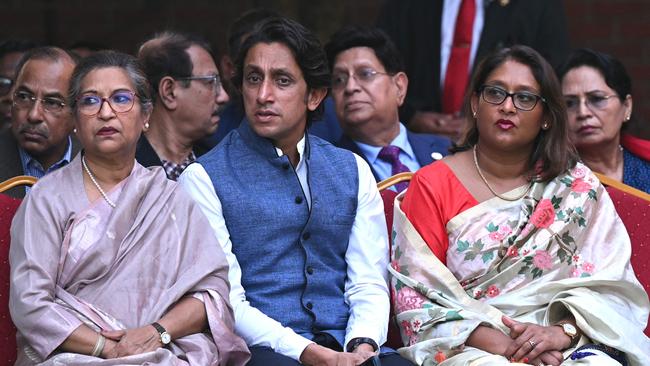
As Bangladesh’s election commission confirmed Sheikh Hasina’s own election win on Monday, China, Russia and India rushed to congratulate her on an “absolute victory”, even as others wondered whether another violent Bangladesh election, delivering another result of dubious democratic virtue, was anything to celebrate.
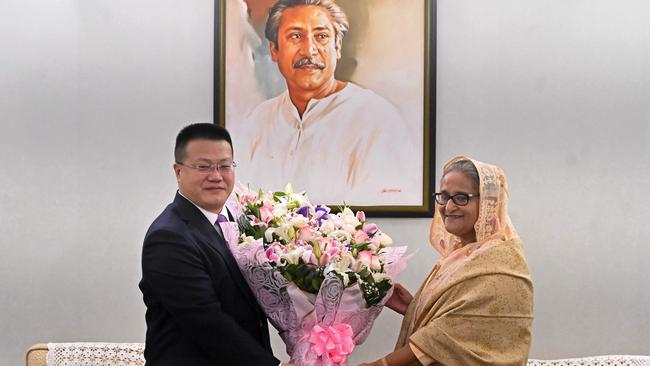
Hasina on Monday defended her win against opposition claims it was illegitimate, and the concerns of the US State Department which was left largely isolated in its criticism of the campaign by allies – including Australia – amid fears too much pressure could send Dakha into the arms of Beijing.
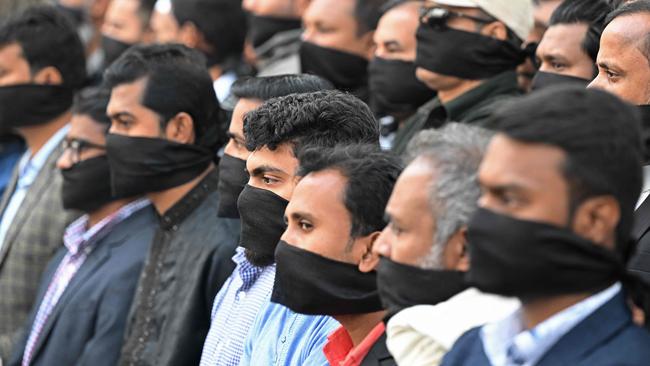
“The US shares the view with other observers that these elections were not free or fair and we regret that not all parties participated,” a State Department spokesperson said on Monday, adding it was also concerned over the arrest of thousands of opposition members.
The UK foreign office said democratic standards – including open competition, respect for human rights and rule of law – “were not consistently met during the election period”.
For more than a decade the BNP-led alliance has held street protests in the lead up to elections to demand Hasina make way for a nonpartisan caretaker administration during the campaign.
It was her own Awami League party – once a fiery champion of democracy – that pushed for that law in 1996 only to scrap it in government in 2012.
The BNP opted to boycott this month’s elections after participating in 2019 general elections and subsequent provincial and municipal polls, only to see its candidates and supporters continually targeted by security forces.
It argued it could not safely field candidates or rally supporters while they faced such intimidation, arrest and even torture.
Human Rights Watch South Asia director Meenakshi Ganguly says Hasina’s time in office has been marked by a deterioration in free speech, independent institutions, and a weakened civil society.
Her targeting and undermining of Yunus’ credibility was “reflective of a government that pursues its critics” with singular resolve.
And yet, Hasina has also presided over one of South Asia’s most robust economies, championing a manufacturing industry that has grown incomes, and provided new avenues for millions of women and teenage girls who would otherwise end up in child marriages.
Bangladesh is on track to move out of the UN Least Developed Countries list in 2026, according to the World Bank which says the proportion of people living in poverty has dropped from 11.8 per cent in 2010 to 5 per cent in 2022.
The Bangladesh economy has averaged six per cent growth since 2010 and the country aims to achieve upper middle income status by 2031.
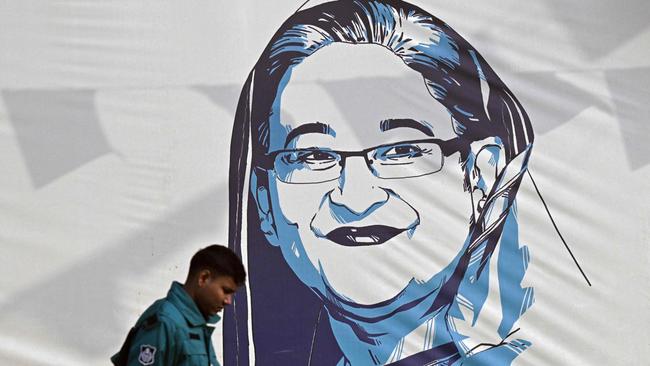
Hasina has championed education for girls and reproductive rights, while improvements in health care have raised life expectancy and reduced maternal and infant mortality rates.
In 2017, as the world turned away from Myanmar’s genocidal crackdown on Rohingya Muslims, she opened the borders to more than 700,000 refugees.
Ganguly says she has “often wondered why (Hasina) gets so anxious during elections” given her successes.
“She remains popular in large sections of society for what she has achieved but she never seems to have confidence in her own efforts, which is odd because when she was campaigning for democracy in the 1990s she really believed in elections.
“I have no idea why that changed.”



